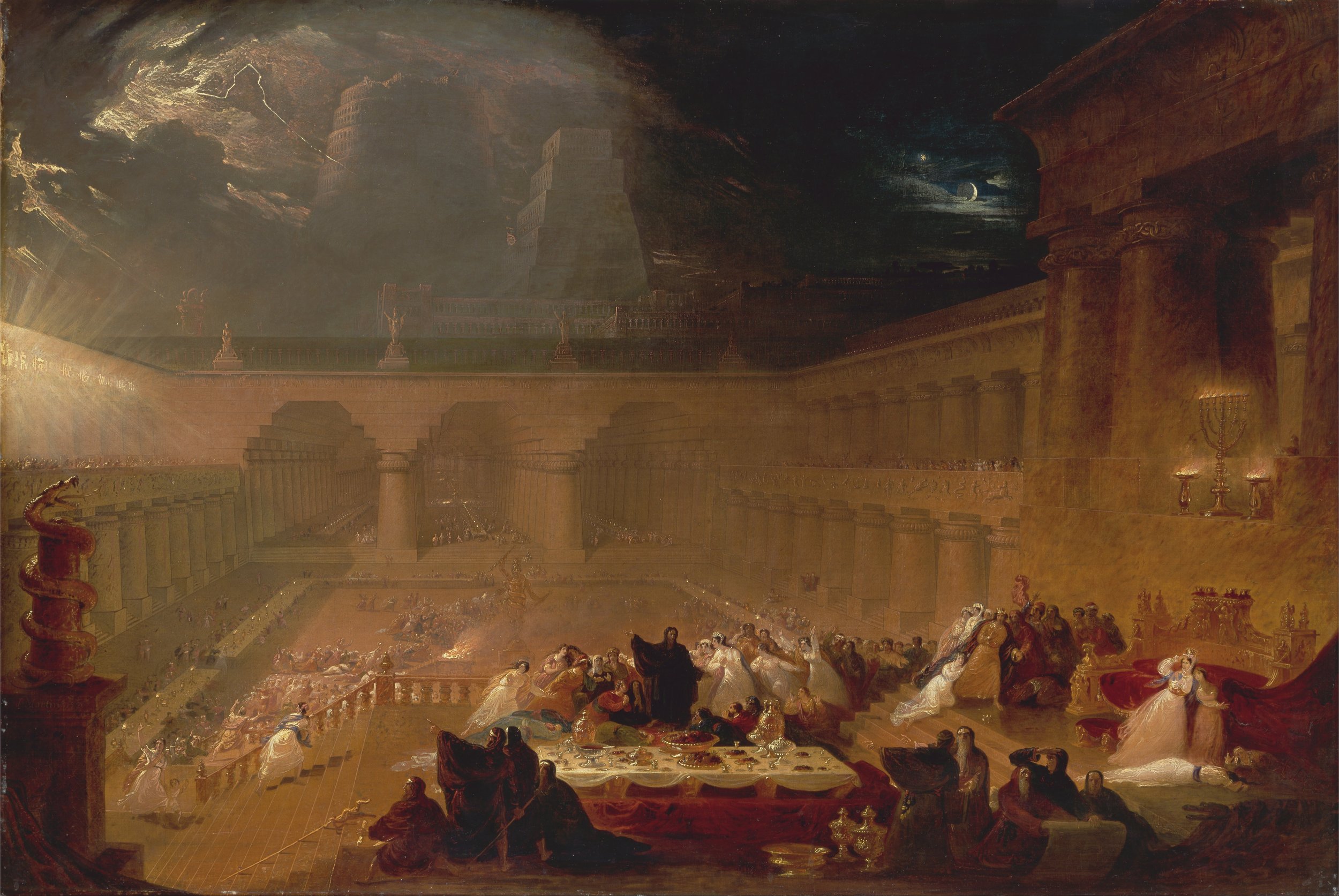About
Present Witness
Present Witness was founded by Christopher Kuehl. Chris was born in Boulder, Colorado. He has traveled extensively (over 30 countries) doing both mission-related work and photography. He lived in Israel for many years and returns frequently. He has worked for Sony and Rolling Stone Magazine as a photographer and has also been a founder of four different technology companies. During his first stay in Israel, more than a decade ago, the Lord spoke to him about a bridge that He wanted to build between Israel and the Church. Chris had no idea what this meant at the time or how long it would take to bring to fruition, but a decade later Chris is answering the call to be a part of this bridge. Chris is married to his lovely wife, Justice. They have just welcomed their first son into the world. Besides being the COO of Restore7, an organization that focuses on cultural reformation through the 7 mountains, Chris is also the founder of Present Witness, an organization that addresses modern theological questions and challenges as it relates to Israel, the Jewish people and the church. He is also currently earning his Masters degree in Theology.
What We do
We translate theological concepts into popular language, helping a wider audience access important ideas. We also provide perspective into our cultural moment concerning Israel & the Jewish people and how this relates to the church. Lastly, we magnify the incredible contributions that Jewish people have made into our shared human experience through their contributions in art, music, inventions, scientific discovery and humor. We do all this through various media: articles, video, conferences, debates, and short form / long form mixed media content.
All of this we do to bring honor to the ultimate Israelite, Jesus and to bring honor to the God of Israel.

it is only when the church persists in refusing to learn this message, where it secretly-perhaps, Unconsciously!-believes that its own existence is based on human achievement, and so fails to understand God’s mercy to itself, that it is unable to believe in God’s mercy for still unbelieving Israel, and so entertains the ugly and unscriptural notion that God has cast off His people Israel and simply replaced it by the Christian Church.
-C.E.B. Cranfield // Romans
-
We chose our name in response to St. Augustine’s witness doctrine concerning the Jews. While there is much to be thankful for and honor in our church history, in the context of the 21st century, it is difficult to find positive or redemptive perspectives on the impact of church history on the Jewish people. The soil of antisemitism and the dehumanization of Jews was thoroughly tilled through the writings of many early church fathers, and it is no surprise that this culminated in tragedies such as the Crusades, the Inquisitions, the pogroms, and ultimately the Holocaust.
In Augustine’s Contra Faustum, he outlines the four parts of his witness doctrine concerning the Jews. Although his doctrine was generally disparaging toward them, it offered a degree of physical protection for the Jewish people. He viewed them as a protected witness, marked like Cain to wander the earth. In this analogy, the church was Abel, and the Jews were Cain. According to Augustine, their “purpose” was to wander the earth as a witness to the truth of Christianity, carrying their sacred Torah scrolls, which he believed pointed to the truth of the Christian faith. This allowed Christians to claim that “even our enemies attest to the prophecies” on which Christianity rests. Thus, the concept of the Jews as unwilling witnesses was born, reducing them to mere pawns in God’s plan.
Although Augustine’s reasoning seems insufficient by modern standards, he justified protecting the Jews from murder by citing Psalm 58, where God says, “Slay them not” in reference to the Jews. It is unclear why he did not also consider commandments such as “Thou shalt not murder” or “Love thy enemies,” but we digress. Nevertheless, this aspect of his contribution to the “Jewish question” provided physical protection for Jews for a time. Given Augustine’s immense influence, this protection was no small matter and likely saved many Jewish lives.
We agree with Augustine that Jewish suffering is part of God’s inscrutable justice, but we also believe it is woven into God’s mysterious plan to temporarily “harden” Israel, as described in Romans 11, to allow the Gospel to spread to the Gentiles. We view this hardening as primarily strategic, not merely punitive, and temporary. As history progresses toward its culmination and the “full number” of Gentiles comes to Christ, we believe God will cease hardening Israel, and “all Israel will be saved” (Romans 11:26).
Moreover, we see God’s election of Israel as a profound love story. While God’s promise to Abraham serves an instrumental purpose in the redemption arc of humanity, it is not solely instrumental. There is something deeply human about Israel’s experience. The redemption from slavery, the backsliding, the victories and defeats, the national chaos, family dramas, murders, deceits, giant-slaying, and the calling down of fire on the prophets of Baal—all reflect the faith journey of humanity. The story of Israel is the story of humanity, mirrored in the life of every individual. It is a grand epic of success, failure, and God’s guiding hand through it all.
We believe in the God who raises the dead. We trust in the promises of Ezekiel 36 and 37: that the dry bones of Israel will rise again, and their heart of stone will be replaced with a heart of flesh. We believe God will restore the Jewish people to the physical land of Israel as part of His consummating work of redemption, breathing His Spirit into their hearts and removing their hardness. The Jewish people are a Present Witness to God’s faithfulness. The church can find great hope in God’s enduring promise to them. This is a love story of heroic proportions—not only for the sake of Israel or the church but for the sake of God’s unchanging character.
-
We unequivocally affirm that no one comes to the Father except through the Son (John 14:6). It is our heart’s desire to see Zechariah 12:10 fulfilled: “I will pour out on the house of David and the inhabitants of Jerusalem a spirit of grace and supplication. They will look on me, the one they have pierced, and they will mourn for him as one mourns for an only son, and grieve bitterly for him as one grieves for a firstborn.” When this blindness is removed from their eyes, the Jewish people will receive the corporate gift of national repentance.
We reject dual-covenant soteriology, which posits separate salvation covenants for Jews and Gentiles. Instead, we believe in the “One New Man” (Ephesians 2:15), uniting both in Christ. However, we recognize that unbelieving Israel remains covenantally connected to God through a unique calling distinct from that of the nations. Romans 9:1-5 confirms the “present tense” status as Israelites and to them still belong the covenants, adoption, glory, promises, and patriarchs. According to Paul, there is a mystery surrounding the current hardening of Israel’s heart, which serves the spread of the Gospel and benefits the Gentiles (Romans 11:25). This understanding leads us to avoid disparaging or triumphalist attitudes toward the Jewish people, for who among us can see what God has sovereignly veiled? Within this mystery, we also acknowledge the present remnant of believing Israel. There are approximately 25,000 Jewish believers in Jesus living in Israel today, many of whom we consider dear friends, with many more scattered throughout the world.
Furthermore, Paul suggests the possibility of the “natural branches” being grafted back into the olive tree (Romans 11:24), hinting at a divine mystery in how God reveals Himself to the historically broken-off branches of Israel. We also recognize that if their temporary rejection brought reconciliation to the world, their acceptance will be nothing less than “life from the dead” (Romans 11:15). Therefore, we long for our Jewish brothers and sisters to recognize the One whom they have prophesied about but, in large part, still do not see.
-
As cliché as it may sound, we draw inspiration from J.R.R. Tolkien’s notion that “not all who wander are lost,” which feels fitting for this discussion. We cherish many aspects of Orthodox and Catholic traditions within our Christian faith, though we acknowledge areas where we still dissent. We deeply value the sacramental life, the creeds, and the confessional elements of these traditions. While we see great worth in tradition, we do not consider it or the church fathers infallible. On the “Jewish question,” we strongly diverge from some historical church positions and are profoundly grateful for the reforms of Vatican II, which marked a historic shift in recognizing the enduring election of Israel and the Jewish people.
We hold a deep appreciation for how our Messianic Jewish friends observe their faith, particularly the richness of biblical rhythms when combined with an understanding of Jesus. The prophetic significance of this integration is undeniable. We believe our faith is enriched by a deeper understanding of the root system into which we are grafted as believers (Romans 11:17–18).
We also embrace what some call “weird Christianity”—the gifts and power of the Lord. No amount of humanistic, postmodern culture can shake our conviction that God still moves with might and power. We have witnessed the blind healed and tumors vanish at the name of Jesus. These experiences are undeniable, and we will not abandon what our eyes have seen.
Our journey has also led us through the halls of Southern Baptist, Reformed, Anglican, Catholic and non-denominational churches. We maintain close ties with many in these communities and respect the historical foundations of these traditions.
We are often asked if we are dispensational. We are not, though we also take issue with many aspects of covenant theology, which we explore in our content. While we disagree with some elements of dispensational theology, we greatly appreciate its role as a bulwark against antisemitism in the Western church and its prophetic foresight regarding the establishment of the modern state of Israel. These contributions give us much to admire about dispensationalism, even where we differ theologically.
We have a deep appreciation for our collective church history and feel at home in any place where Jesus is the center.

